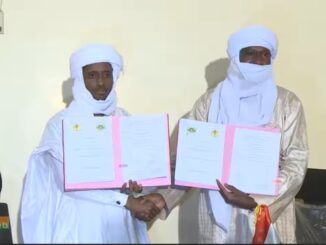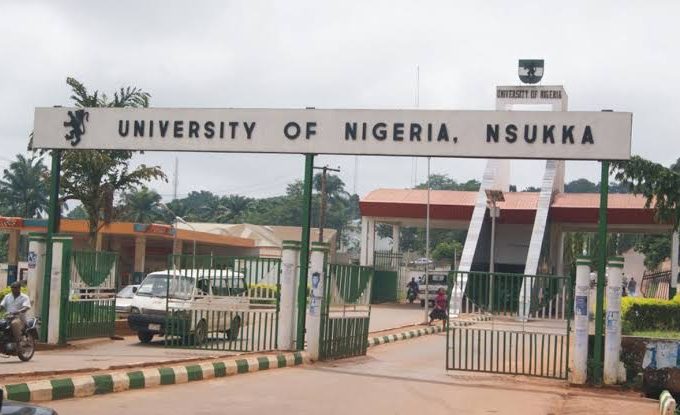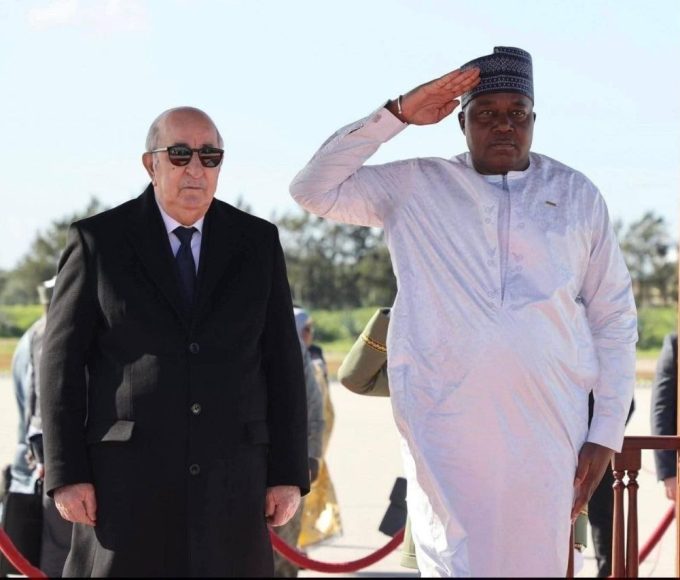

Niger and Chad signed a memorandum of understanding (MoU) on Thursday to strengthen bilateral cooperation in media and communication. The agreement was signed in Niamey by Niger’s Minister of Communication, Posts and Digital Economy, Sidi Mohamed Raliou, and Chad’s government spokesperson, Gassim Chérif Mahamat.
The MoU aims to reinforce ties between the two neighbouring countries and create a framework for collaboration on media and communication initiatives. Key areas of cooperation include the development of communication policies, the transition to digital terrestrial television, training in media-related professions, and regulation of the communications sector.
The agreement also includes capacity building across audiovisual, print, and electronic media and encourages academic partnerships between institutions in both nations.
This memorandum demonstrates the will and constitutes a framework for cooperation around these five points: the major training school at the academy level, at the radio and television level, at the broadcasting level, the written press, and the ANP (Nigerien Press Agency), Raliou said.
He added that the agreement would allow structures under both ministries to work jointly on concrete initiatives to benefit the public.
Chadian Minister Mahamat praised the agreement as a positive example of “South-South cooperation” and emphasised the shared historical, cultural, and geographic ties between Niger and Chad.
He noted that Niger’s communication model offers valuable insights for policy development in Chad, particularly in addressing similar social and economic challenges.
The signing took place during Minister Mahamat’s official visit to Niger, which began on April 2. His visit coincided with the 6th edition of the Festival of River Civilizations, held on April 5 in Boubon, in Niger’s Tillabéri region.
During his stay, Mahamat toured institutions such as the Higher School of Communication and Media Sciences (ESCOM) and the Nigerien Press Agency (ANP).
The agreement is expected to facilitate stronger institutional ties and enhance professional development in the media sectors of both countries.
About The Author
Related Articles
Malian Army Says Dozens of Militants Killed in Airstrikes in Segou Region
Mali’s armed forces say they have killed about twenty suspected militants during...
ByWest Africa WeeklyFebruary 19, 2026Nigeria Approves 33 New Universities While Education Quality and Jobs Remain in Crisis
Nigeria has approved 33 new universities, bringing the total number of sanctioned...
ByWest Africa WeeklyFebruary 19, 2026Gabon Suspends Social Media “Until Further Notice” Amid Rising Unrest
Gabon’s media regulator has announced the suspension of social media platforms nationwide,...
ByWest Africa WeeklyFebruary 18, 2026Niger’s Tiani Visits Algeria in Bid to Strengthen Ties and Revive Key Projects
Abdourahamane Tiani, Niger’s head of state, is on an official visit to...
ByWest Africa WeeklyFebruary 18, 2026












Leave a comment